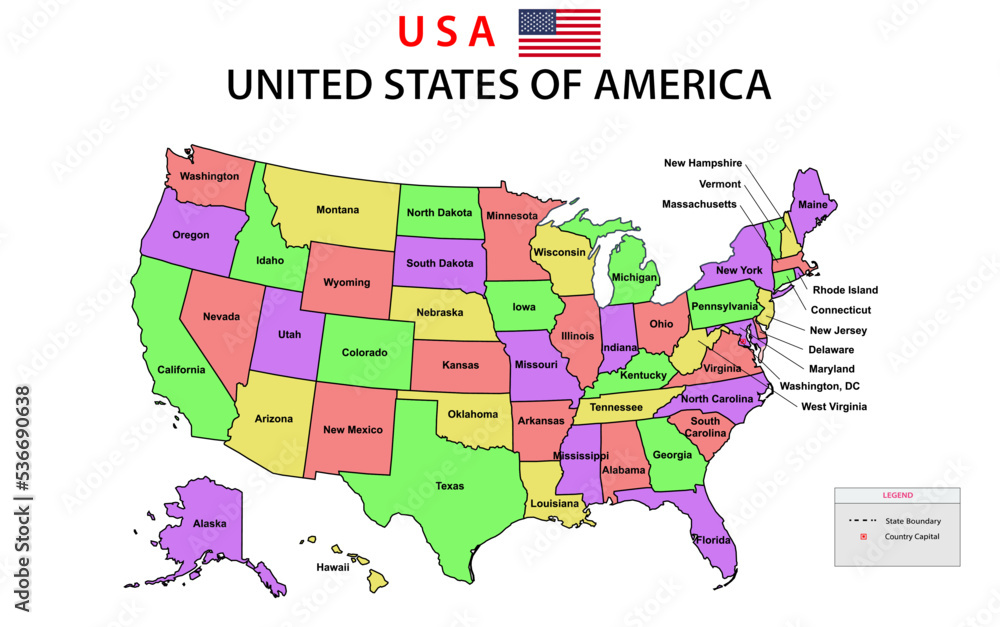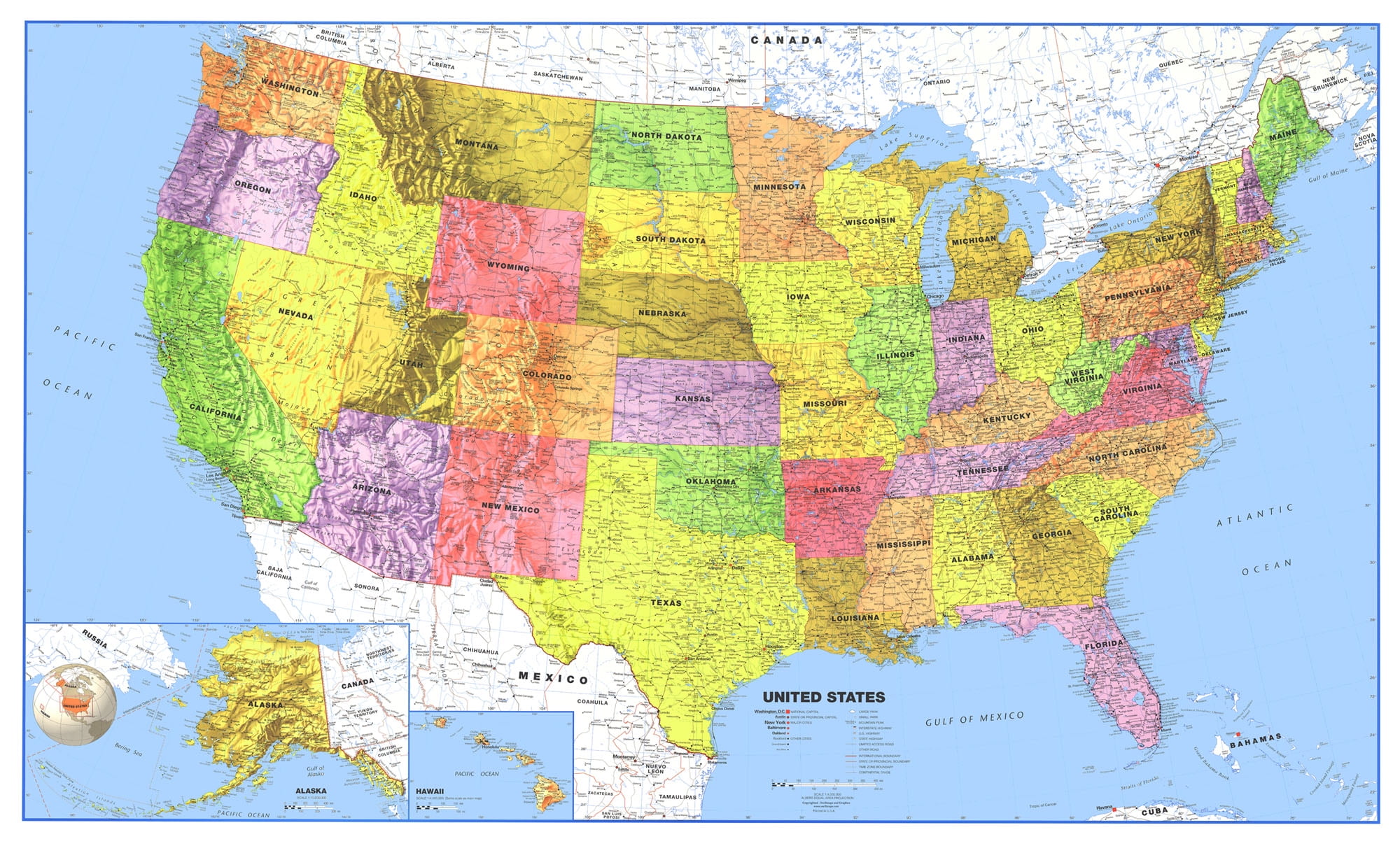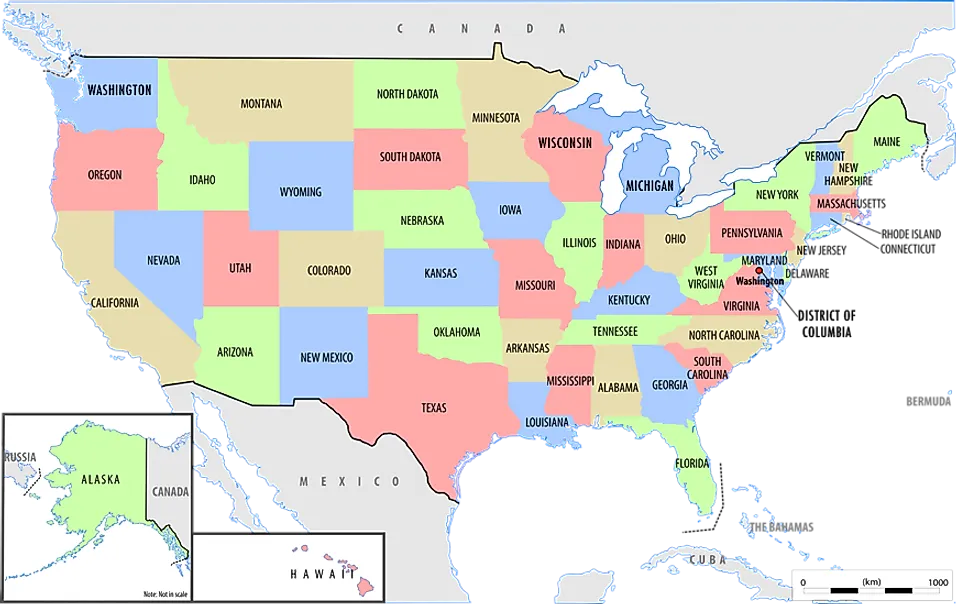The US Treasury's Battle Against Iran Sanctions Evasion
The United States Treasury Department, through its Office of Foreign Assets Control (OFAC), stands at the forefront of a complex and ever-evolving economic campaign against Iran. This intricate web of financial restrictions, known as US Treasury Department Iran sanctions, aims to curtail the Iranian regime's ability to fund its destabilizing activities, including nuclear proliferation, support for terrorism, and human rights abuses. These sanctions are not merely punitive; they are strategic tools designed to exert significant financial pressure, limit access to international markets, and ultimately compel a change in behavior from Tehran.
For decades, the US has employed a robust sanctions framework, continuously adapting it to counter Iran's sophisticated methods of evasion. From targeting illicit oil sales and intricate shadow banking networks to disrupting weapons procurement, the Treasury Department's actions are a testament to a persistent commitment to national security and global stability. Understanding the scope and impact of these measures is crucial for anyone seeking to comprehend the dynamics of US-Iran relations and the broader geopolitical landscape.
Table of Contents
- Understanding US Sanctions on Iran: A Historical Overview
- The Office of Foreign Assets Control (OFAC): Administering Sanctions
- Targeting Illicit Oil Trade: A Key Focus of US Treasury Sanctions
- Unmasking Iran's Shadow Banking and Financial Networks
- Countering Iran's Weapons Procurement and UAV Programs
- Recent Sanctions and Future Implications: Post-Attack Measures
- The Broader Impact of US Treasury Iran Sanctions
- Navigating the Complexities: Compliance and Consequences
Understanding US Sanctions on Iran: A Historical Overview
The history of US sanctions against Iran is long and complex, dating back to the Iranian Revolution in 1979. Following the seizure of the US Embassy in Tehran, the United States began applying various economic, trade, scientific, and military sanctions against Iran. These initial measures laid the groundwork for a comprehensive sanctions regime that has evolved significantly over the decades, adapting to new threats and geopolitical shifts. Over the years, the scope of these restrictions has broadened considerably, encompassing multiple sectors of the Iranian economy. The primary objective has consistently been to prevent Iran from acquiring weapons of mass destruction, supporting terrorism, and engaging in other destabilizing activities in the Middle East and beyond. Each new phase of sanctions has been a response to specific Iranian actions, from its nuclear program advancements to its support for proxy groups. This continuous application of US Treasury Department Iran sanctions underscores the enduring strategic importance of this policy tool.The Office of Foreign Assets Control (OFAC): Administering Sanctions
At the heart of the US sanctions apparatus lies the Office of Foreign Assets Control (OFAC), an agency of the United States Department of the Treasury. OFAC is responsible for administering and enforcing economic and trade sanctions based on US foreign policy and national security goals. Its mandate is broad, covering a vast array of individuals, entities, and countries that pose a threat to US interests. When OFAC designates an individual or entity, it means that all property and interests in property of the designated persons that are in the United States or in the possession or control of US persons are blocked. These blocked assets must be reported to the Department of Treasury’s OFAC. This mechanism effectively cuts off designated parties from the US financial system and often, by extension, a significant portion of the global financial system. The Department of State’s Office of Economic Sanctions Policy and Implementation also plays a crucial role in enforcing and implementing a number of US sanctions programs that restrict access to the United States. The coordinated efforts of these agencies ensure that the US Treasury Department Iran sanctions are robust and far-reaching.Targeting Illicit Oil Trade: A Key Focus of US Treasury Sanctions
Iran's petroleum and petrochemical sectors are vital sources of revenue for the regime, making them a primary target for US sanctions. The Treasury Department has consistently focused on disrupting Iran's ability to sell its oil and petrochemical products on international markets, thereby limiting the financial resources available to its government and military. For instance, today's action by the Department of the Treasury is being taken pursuant to Executive Order (E.O.) 13902, which specifically targets Iran’s petroleum and petrochemical sectors. This action marks the fourth round of sanctions targeting Iranian oil sales since the President issued National Security Presidential Memorandum 2 on February 4, 2025. Such frequent and targeted actions demonstrate the US's proactive approach to countering Iran's economic maneuvers. The United States has also imposed restrictions on activities with Iran under various legal authorities since 1979, following the seizure of the U.S. Embassy.Disrupting Smuggling Networks and Tanker Operations
To circumvent sanctions, Iran often relies on elaborate smuggling networks and a fleet of tankers operating under various guises. The US Treasury Department has been particularly vigilant in identifying and sanctioning these facilitators. The United States imposed a fresh round of sanctions targeting Iran's oil industry on Monday, hitting more than 30 brokers, tanker operators, and shipping companies for their role in selling and transporting Iranian oil. Among those sanctioned today are oil brokers in the United Arab Emirates (UAE) and Hong Kong, including entities like Unico Shipping Co Ltd and Athena Shipping Co Ltd, both based in Hong Kong. These designations aim to increase the costs associated with illicit oil trade, making it harder and more expensive for Iran to export its crude. Washington today announced the imposition of sanctions on 35 entities and vessels that play a critical role in transporting illicit Iranian petroleum to foreign markets. This action imposes additional costs on Iran’s petroleum sector following Iran’s attack against Israel on October 1, 2024, as well as Iran’s announced nuclear escalations, building upon the sanctions issued earlier. The Iranian government allocates billions of dollars’ worth of oil annually to its armed forces to supplement their budget allocations, underwriting their operations. This makes disrupting oil sales a direct blow to their military capabilities.The Role of "Teapot" Refineries in Sanctions Evasion
Beyond the direct transport of crude, the US Treasury also targets the processing infrastructure that supports illicit oil trade. Washington today announced that the Department of the Treasury’s Office of Foreign Assets Control (OFAC) is designating a “teapot” oil refinery and its chief executive officer for purchasing and refining hundreds of millions of dollars’ worth of Iranian crude oil. This includes oil from vessels linked to the foreign terrorist organization, Ansarallah, commonly known as the Houthis, and the Iranian regime itself. "Teapot" refineries are typically smaller, independent refineries, often located in China, that operate outside the traditional, regulated financial and trade systems. By processing Iranian crude, they provide a crucial avenue for Iran to monetize its oil, even under stringent sanctions. Sanctioning these refineries and their operators closes another loophole in Iran's evasion tactics, intensifying financial pressure on the regime and limiting its ability to earn critical energy revenues to undermine stability in the region and attack U.S. interests.Unmasking Iran's Shadow Banking and Financial Networks
One of the most challenging aspects of enforcing US Treasury Department Iran sanctions is combating Iran's sophisticated shadow banking networks. These clandestine financial systems operate outside the conventional banking sector, making them difficult to detect and disrupt. They are essential for Iran to move money globally, finance illicit activities, and bypass legitimate financial institutions. Updated FinCEN advisories highlight Iranian oil smuggling, shadow banking, and weapons procurement typologies, indicating the ongoing nature of these threats. Washington today announced that the Department of the Treasury’s Office of Foreign Assets Control (OFAC) is sanctioning nearly 50 entities and individuals that constitute multiple branches of a sprawling “shadow banking” network used by Iran’s Ministry of Defense and Armed Forces Logistics (MODAFL) and Islamic Revolutionary Guard Corps (IRGC) to gain illicit access to the international financial system. This action underscores the sheer scale and complexity of Iran's efforts to circumvent sanctions.Billions Laundered: The Zarringhalam Brothers Case
A prime example of the scale of illicit financial activity is the case of the Zarringhalam brothers. Washington today announced that the Department of the Treasury’s Office of Foreign Assets Control (OFAC) is designating over 30 individuals and entities tied to Iranian brothers Mansour, Nasser, and Fazlolah Zarringhalam, who have collectively laundered billions of dollars through the system. This case highlights the immense sums involved in Iran's shadow economy and the critical role played by key individuals and their networks in facilitating these illicit financial flows. By targeting such prominent figures and their associated entities, OFAC aims to dismantle the infrastructure that enables Iran to access funds for its nefarious purposes.Underwriting Military Budgets Through Illicit Finance
The funds generated through shadow banking and illicit oil sales are not merely for general government expenses; they directly support Iran's military and its destabilizing actions. The Iranian government allocates billions of dollars’ worth of oil annually to its armed forces to supplement their budget allocations, underwriting their operations. This direct link between illicit finance and military funding is a key driver behind the aggressive enforcement of US Treasury Department Iran sanctions. By cutting off these financial lifelines, the US aims to degrade the capabilities of organizations like the Islamic Revolutionary Guard Corps (IRGC), which is deeply involved in Iran's regional proxy wars and missile programs. The Treasury Department's actions are designed to make it increasingly difficult for MODAFL and the IRGC to acquire the resources they need, thereby reducing their capacity to undermine stability in the region and pose a threat to international security.Countering Iran's Weapons Procurement and UAV Programs
Beyond financial and oil-related sanctions, the US Treasury Department also actively targets Iran's efforts to procure components for its advanced weapons programs, particularly its unmanned aerial vehicles (UAVs). These drones have been used extensively by Iran and its proxies in attacks across the Middle East, posing a significant threat to regional security. Washington today announced that the U.S. Department of the Treasury’s Office of Foreign Assets Control (OFAC), in coordination with the U.S. Department of Justice, is targeting a network of six entities and two individuals based in Iran, the United Arab Emirates (UAE), and the People’s Republic of China (PRC) responsible for the procurement of unmanned aerial vehicle (UAV) components on behalf of Iran. This multi-jurisdictional approach reflects the global nature of Iran's procurement networks and the necessity of international cooperation to disrupt them. By sanctioning these entities, the US aims to choke off the supply chains that enable Iran to produce and deploy these dangerous weapons.Recent Sanctions and Future Implications: Post-Attack Measures
The imposition of sanctions is often a direct response to specific Iranian actions. For example, Washington today announced that the United States is expanding sanctions on Iran’s petroleum and petrochemical sectors in response to Iran’s October 1 attack on Israel, its second direct attack on Israel this year. This action intensifies financial pressure on Iran, limiting the regime’s ability to earn critical energy revenues to undermine stability in the region and attack U.S. interests. The US Treasury Department has also recently issued new sanctions targeting Iran’s nuclear program, just days before senior American and Iranian officials were expected to hold talks in the Middle East sultanate of Oman. This timing suggests a strategic use of sanctions, either to increase leverage before negotiations or to signal resolve in the face of ongoing provocations. The dynamic interplay between diplomatic efforts and the application of US Treasury Department Iran sanctions is a constant feature of US foreign policy towards Tehran.The Broader Impact of US Treasury Iran Sanctions
The cumulative effect of these sanctions is designed to be comprehensive, aiming to isolate Iran financially and economically from the global system. The Department of the Treasury’s Office of Foreign Assets Control (OFAC) has sanctioned more than 700 individuals, entities, aircraft, and vessels over time, illustrating the vast reach of these measures. These actions do not only target Iranian entities but also third-country facilitators who engage in transactions with sanctioned parties, emphasizing the extraterritorial nature of US sanctions. The goal is to make the cost of doing business with Iran prohibitively high, forcing companies and individuals to choose between access to the US financial system and engaging with Iran's illicit networks. This pressure is intended to create a dilemma for the Iranian regime: either continue its destabilizing activities at immense economic cost or alter its behavior to alleviate the sanctions burden. The effectiveness of US Treasury Department Iran sanctions is continually debated, but their impact on Iran's economy and its ability to project power is undeniable.Navigating the Complexities: Compliance and Consequences
For businesses and individuals worldwide, understanding and complying with US Treasury Department Iran sanctions is paramount. Failure to adhere to these regulations can result in severe penalties, including hefty fines, imprisonment, and reputational damage. Ignorance of the law is not an excuse, and companies are expected to conduct thorough due diligence to ensure they are not inadvertently facilitating sanctioned activities. The updated FinCEN advisory highlights Iranian oil smuggling, shadow banking, and weapons procurement typologies, serving as a crucial guide for financial institutions and businesses to identify and mitigate risks. It is imperative for all global actors to stay informed about OFAC's designations and advisories. The United States imposed new sanctions on Iran on Wednesday, days before the Islamic Republic’s scheduled talks with Washington this weekend in Oman, underscoring the dynamic nature of these regulations. Compliance is not just a legal obligation but a critical component of responsible global commerce, contributing to international security by preventing illicit financial flows from reaching actors who threaten peace and stability.Conclusion
The US Treasury Department Iran sanctions represent a multifaceted and continually evolving strategy to counter the Iranian regime's destabilizing actions. From disrupting illicit oil sales and dismantling shadow banking networks to impeding weapons procurement, OFAC's relentless efforts aim to cut off the financial lifelines that fuel Tehran's aggressive policies. The history of these sanctions, their broad application through Executive Orders like 13902 and 13846, and the continuous targeting of new evasion tactics demonstrate a firm commitment to national security and regional stability. As Iran continues to seek ways around these restrictions, the US Treasury Department remains vigilant, adapting its strategies to ensure that financial pressure remains a potent tool. Understanding the intricacies of these sanctions is vital for anyone operating in the global economy. We encourage you to stay informed about the latest developments in US sanctions policy and consider how these measures impact international trade and finance. Share your thoughts in the comments below, or explore our other articles for more insights into global economic policy.
USA Map. Political map of the United States of America. US Map with

United States Map Maps | Images and Photos finder

Mapas de Estados Unidos - Atlas del Mundo